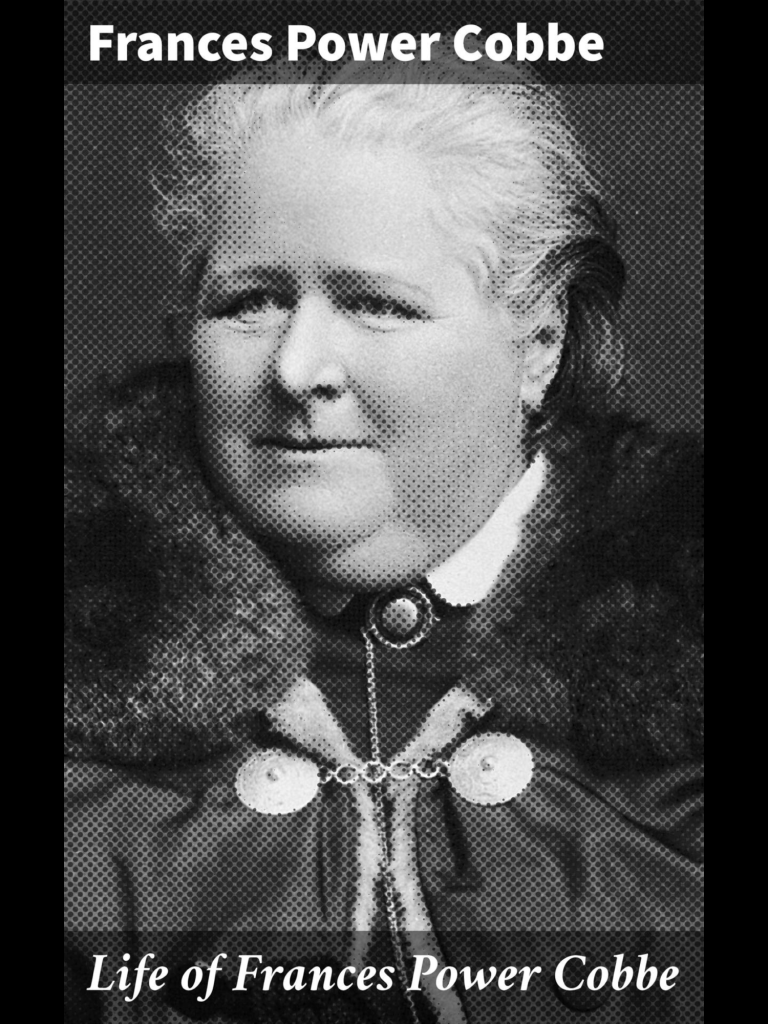“(…) I wrote the following lines to her some twenty-five years ago when spending a few days away from her and our home in London. I found them again after her death among her papers. They have a doubled meaning for me now, when the time has come for me to need her most of all. TO MARY C. LLOYD. Written in Hartley Combe, Liss, about 1873.
Friend of my life! Whene’er my eyes Beat with sudden, glad surprise On Nature’s scenes of earth and air Sublimely grand, or sweetly fair, I want you—Mary. When men and women, gifted, free, Speak their fresh thoughts ungrudgingly, And springing forth, each kindling mind Streams like a meteor in the wind, I want you—Mary. When soft the summer evenings close, And crimson in the sunset rose, Our Cader glows, majestic, grand, The crown of all your lovely land, I want you—Mary. And when the winter nights come round, To our “ain fireside,” cheerly bound, With our dear Rembrandt Girl, so brown, Smiling serenely on us down, I want you—Mary. Now,—while the vigorous pulses leap Still strong within my spirit’s deep, Now, while my yet unwearied brain Weaves its thick web of thoughts amain, I want you—Mary. Hereafter, when slow ebbs the tide, And age drains out my strength and pride, And dim-grown eyes and trembling hand No longer list my soul’s command, I’ll want you—Mary. In joy and grief, in good and ill, Friend of my heart! I need you still; My Playmate, Friend, Companion, Love, To dwell with here, to clasp above, I want you—Mary. For O! if past the gates of Death To me the Unseen openeth Immortal joys to angels given, Upon the holy heights of Heaven I’ll want you—Mary!
Dalla sua autobiografia, poesia per la sua amata Mary
by Good Press
Frances Power Cobbe
Femminista, oggi diremmo lesbica* (visse 30 anni insieme a una scultrice, Mary Lloyd), filosofa, attivista anti vivisezione, co-fondatrice di una società per l’abolizione della schiavitù ( The Ladies’ London Emancipation Society). Scrisse il primo trattato in cui la violenza domestica veniva considerata tortura. Lottó per il diritto di voto, di proprietà, istruzione e accesso alle professioni per le donne (tutte erano proprieta dei membri maschili della famiglia). Seppur credente apprezzò la teoria dell’evoluzione ma criticó duramente il darwinismo sociale e le tendenze eugenetiche del suo tempo.
* https://www.waggel.co.uk/blog/post/pride-who-was-frances-power-cobbe



